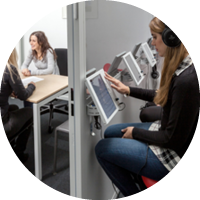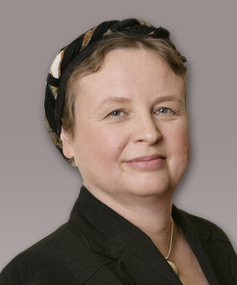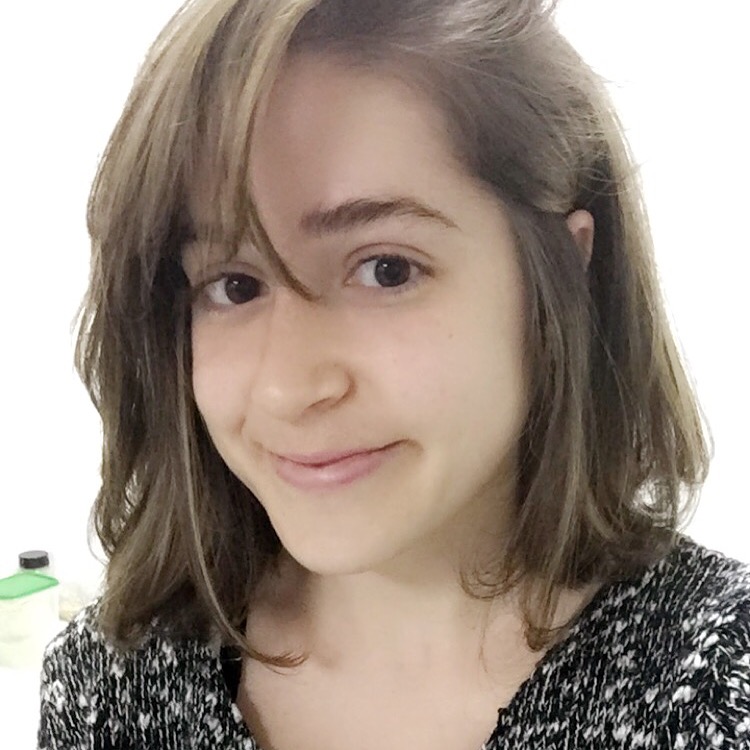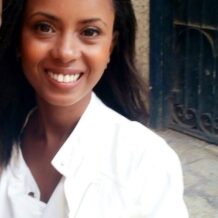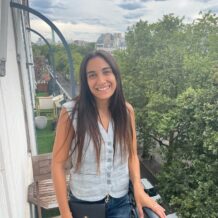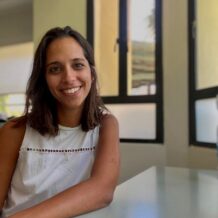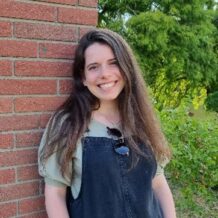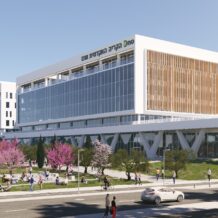- About Us
- About Ono
- Our Vision
- Faculty and Alumni
- Faculty Lecturers
- Curriculum
- Our Alumni
- Ono in the Media
- Ono in the News
- School of Business Administration
- School of Music
- Career Guidance Center
- School of Real Estate
- Ono Center for Clinical Social Law
- Research Authority
- Mefalsim College
- Ultra-Orthodox Campus
- National School for Mental Health Rehabilitation
- International Center for the Study of Ethiopian Jewry
- Simulation Center
- Friends of Ono
- Columbia Conferences
- Positions
- Continuing Education
- Campus Life
- Scholarships
- International School
- Support Us
Home / Curriculums / B.A. in Communication Disorders




